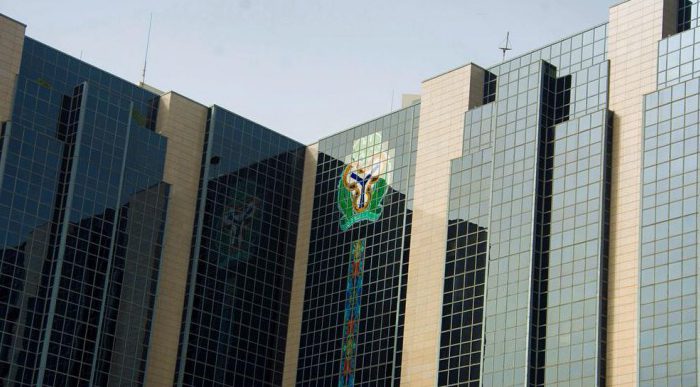CBN Tightens Monetary Policy, Slashes Loan-to-Deposit Ratio by 15%

The Central Bank of Nigeria (CBN) has made a significant adjustment to its monetary policy by reducing the loan-to-deposit ratio (LDR) by 15 percentage points to 50 percent.
Thank you for reading this post, don’t forget to subscribe!
This decision, outlined in a circular titled “Re: Regulatory Measures to Improve Lending to the Sector of the Nigerian Economy,” signed by Adetona Adedeji, the acting director of the banking supervision department, reflects the apex bank’s shift towards a more contractionary approach.
The CBN’s move aims to align the LDR policy with its current monetary tightening measures. With this reduction, all deposit money banks (DMBs) face limitations on extending credits and loans to businesses and individuals. The circular emphasized the necessity of this adjustment in light of the CBN’s evolving policy stance.
The directive mandates DMBs to maintain the revised LDR level, with average daily figures serving as the basis for assessing compliance. This move underscores the CBN’s commitment to managing economic factors such as inflation through strategic adjustments in monetary policy.
In related news, the CBN’s decision to tighten its grip on banks’ lending activities coincides with efforts to curb inflation, as highlighted by recent reports.
Nigeria’s foreign reserves have also experienced a decline, reaching $32.29 billion, the lowest level recorded in six years.
However, the International Monetary Fund (IMF) anticipates a potential easing of Nigeria’s inflation to 26% due to the CBN’s tightening measures, signaling cautious optimism amidst the economic adjustments.




